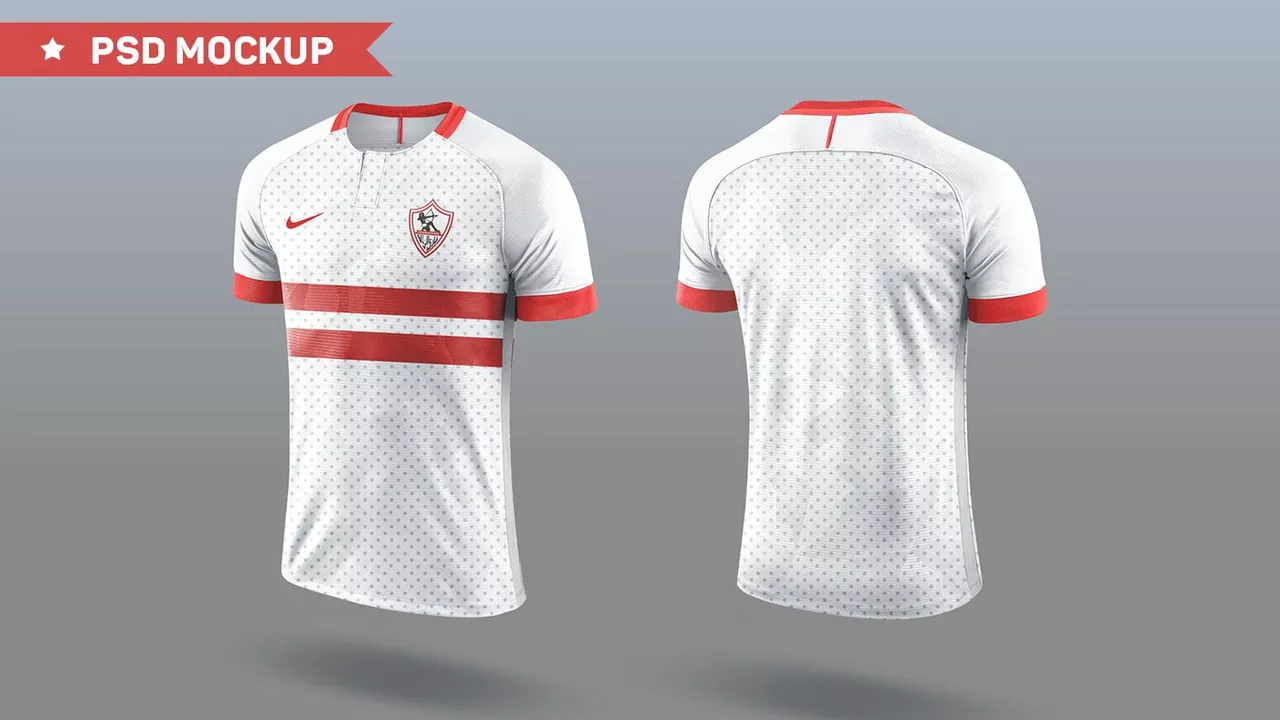Why can't soccer players wear sleeveless jerseys?
 Jul, 22 2023
Jul, 22 2023
Introduction to Soccer Uniform Regulations
As a soccer enthusiast and a blogger, I've always been intrigued by the intricacies of the game, from the strategies employed on the field to the specific regulations that govern everything, including the players' uniforms. To the untrained eye, a soccer player's kit might seem basic and straightforward, but there's a lot more to it than meets the eye. In this article, I'll delve into one of the most commonly asked questions: why can't soccer players wear sleeveless jerseys?
The History of the Soccer Jersey
Before we can fully understand the current regulations, it is crucial to take a look back at the history of soccer jerseys. In the early days of soccer, there were no specific rules about what a player should wear. As long as the team's colors were distinguishable, anything was fair game. However, as the game evolved, so did the jersey. The classic soccer jersey that we see today, with its collar, short sleeves, and team emblem, was born out of necessity and practicality.
The FIFA Uniform Regulations
Today, soccer uniforms are governed by FIFA, the international governing body for soccer. FIFA's 'Laws of the Game' includes a section devoted to players' equipment. According to these rules, a player's basic equipment consists of a jersey or shirt, shorts, socks, shin guards, and footwear. But there's more to it than that. The regulations go into specific details about each piece of equipment. Importantly for our discussion, the regulations specify that the jersey must have sleeves.
Reasons for the Sleeve Requirement
So why can't soccer players wear sleeveless jerseys? The primary reason is tradition. Soccer is a sport steeped in tradition, and the sleeved jersey is a part of that tradition. Some may argue that the sleeve requirement is also a matter of professionalism and respect for the game. In addition, sleeves provide a place for the player's number and for captain's bands, as well as sponsorship logos in professional leagues.
Other Sports Allow Sleeveless Jerseys – Why Not Soccer?
It's true that many sports allow sleeveless jerseys. Basketball and tennis are two prime examples. However, each sport has its own unique traditions and regulations. Just as basketball has its tank tops and tennis has its polo shirts, soccer has its sleeved jerseys. It's part of what makes each sport unique and distinctive.
The Impact of Weather and Player Comfort
Some people might argue that sleeveless jerseys would be more comfortable for players, especially in hot weather. However, modern soccer jerseys are made from lightweight, breathable materials that are designed to keep players cool and dry, even in the most challenging conditions. Plus, FIFA regulations do allow for certain adaptations in extreme weather, such as allowing players to wear thermal undershirts under their jerseys in cold conditions.
The Future of the Soccer Jersey
Will we ever see sleeveless jerseys in soccer? It's hard to say. The rules of the game are always evolving, and it's possible that the uniform regulations could change in the future. However, for now, the sleeved jersey remains a core part of the game's tradition and identity.
Conclusion: The Importance of Tradition in Soccer
In conclusion, the reason soccer players can't wear sleeveless jerseys comes down to tradition, regulations, and respect for the game. As a fan, I appreciate these aspects of the sport and believe they contribute to its unique appeal. Soccer isn't just about the game on the field – it's also about the rich history and traditions that have shaped it over the years. And for now, at least, that includes the sleeved jersey.